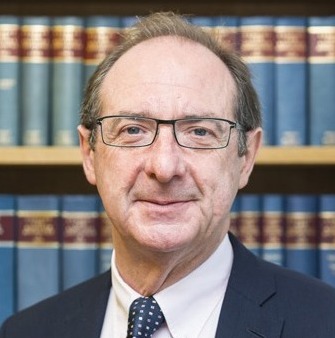Illegality: Pleading, Proof and Presumptions

Presented by Professor William Swadling,Oxford University, United Kingdom
Until the decision of the United Kingdom Supreme Court in Patel v Mirza, an exception to the defence of illegality to claims in private law arose where a claimant could by their pleadings make out the elements of their cause of action without having to rely on their own illegal conduct. The leading case was Bowmakers Ltd v Barnet Instruments Ltd, a common law claim in tort for the conversion of goods. However, this non-reliance exception was rejected in Patel v Mirza because it was seen to operate in an arbitrary fashion and Bowmakers was accordingly overruled. In its place was substituted a ‘range of factors’ approach. The seminar argued that the arbitrariness of the Bowmakers rule came not from anything in the case itself, but from the rule laid down in Gascoigne v Gascoigne and Chettiar v Chettiar, one interpreted by the majority of the House of Lords in Tinsley v Milligan as concerned with the admission of evidence in equity, and which was wrongly assimilated to the common law Bowmakers non-reliance rule. The argument which will be made is that while the Supreme Court was right in Patel v Mirza to overrule Tinsley v Milligan, the Bowmakers rule is not subject to same objection of arbitrariness and should not have been tarred with the same brush. The seminar did not purport to argue in favour of the Bowmakers non-reliance rule; its purpose was merely to remove one unjustified criticism.
William Swadling is Reader in the Law of Property at the University of Oxford. He chairs the faculty's teaching groups in Restitution and Personal Property. Before coming to Oxford, he held posts at a number of other universities, including University College London and Trinity College, Cambridge. He is the editor of a number of books, including The Quistclose Trust: Critical Essays. He is particularly interested in the intersection between trusts/property and restitution, and a number of his articles on this topic have been cited in the English courts, most notably in Westdeutsche Landesbank Girozentrale v Islington LBC [1996] AC 669. He is a contributor to Halsbury's Laws of England (4th ed, reissue), and wrote the section entitled ‘Property’ in Burrows (ed), English Private Law (3rd ed, 2013). He is a founding editor of the Restitution Law Review and has held visiting professorships at the University of Hamburg, Seoul National University, the National University of Singapore, University of Paris II (Panthéon-Assas), the University of Leuven and the National University of Taiwan. He is an academic associate at One Essex Court (chambers of Lord Grabiner QC), a Senior Fellow at the University of Melbourne, an elected member of the American Law Institute, and an academic member of the Chancery Bar Association.